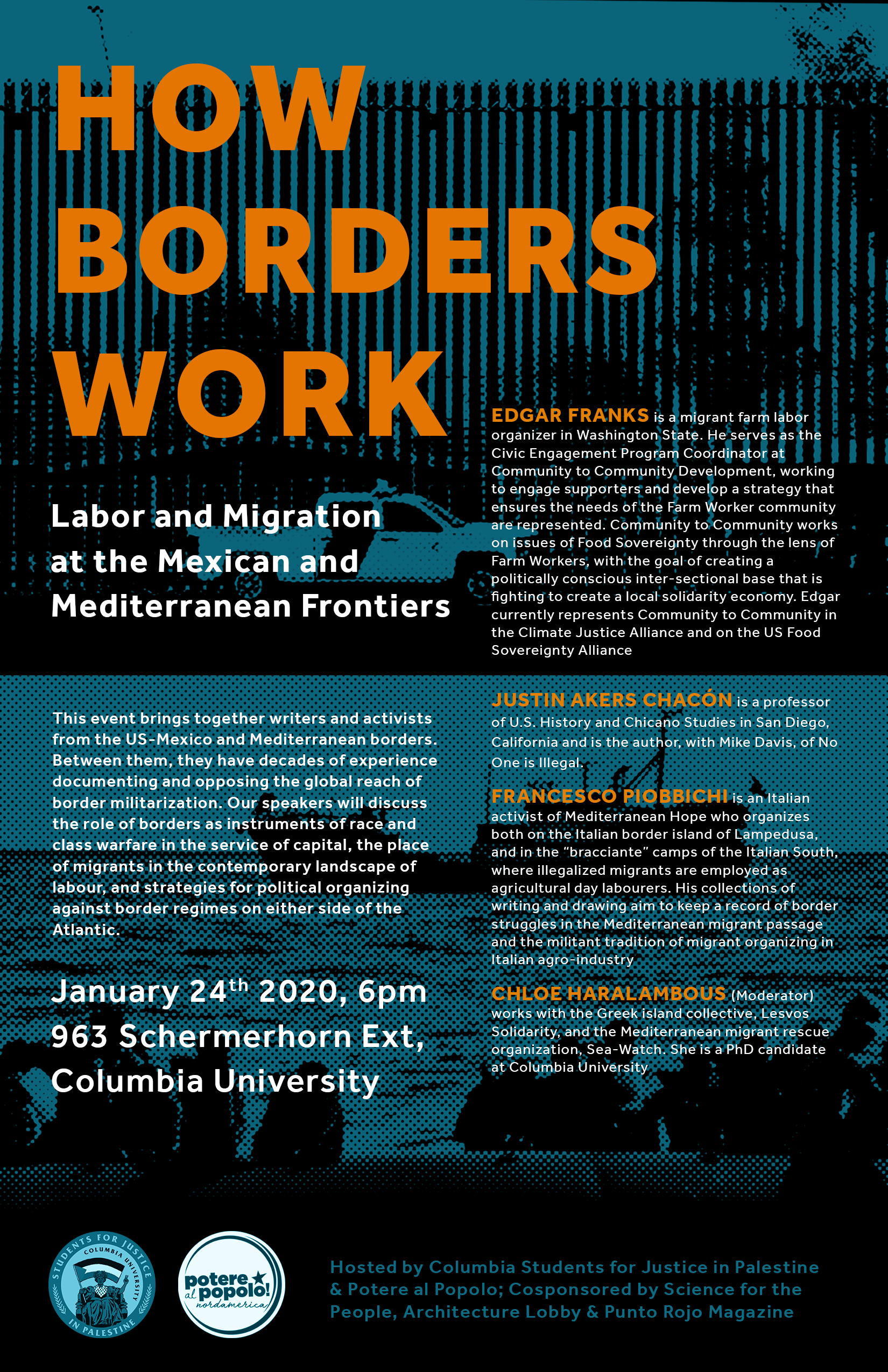As student-workers across the University of California (UC) system begin to shape the contract demands for the 2025 renewal, BDS is once again the subject of intense organizing and struggle within UAW 4811. Amidst the discussion, the idea of Transitional Funding (TF) has been floated as a substitute or a supplement for Divestment. Below we explain why TF is nonsense.
1. TF as a bargaining item has its conceptual origins in the protective measures against workplace harassment, particularly for Teaching Assistants under abusive supervisors, which exist in some academic workers’ contracts.
2. In the current context, TF seeks temporary support for students who morally object to military funding, following the promotion of “pledge to reject department complicity” letters.
3. Far from being an “antiwar labor strategy” as have been widely advertised, such letters had little organizing traction—a fact admitted by the drafters themselves as early as February 2024—and remained static, symbolic gestures over the course of nine months since their publications.
4. TF follows the same tactical (il)logic that relies on individual choice instead of organized collective action. That is, “divestment” can be achieved if individuals choose to reject military/zionist funding, and that individual risk may be minimized by TF.
5. Reality checks:
-
- TF is deeply flawed in practice. What kind of funding would legally fall under the category of “morally objectionable”? Who gets to define morality? Many zionist/military connections with the UC will escape this category without anyone being able to challenge.
- By reframing institutional complicity to individual complicity, TF is incongruous with collective action. How do organizers ensure that a singular individual seeking TF does not experience a change of heart, or reassessment of what is/isn’t moral, during the protracted grievance process?
- In many STEM fields (e.g., CS, Aerospace, etc), there is simply nothing to transition to. Are they then excluded from TF?
- TF may open the door for agitation from reactionary individuals. One can find reproductive research, or transgender health research “morally objectionable” based on one’s religion. What is the tactical counterweight against this?
6. Demand shapes the movement, both internally and externally. A tactically flawed demand generates no momentum—as shown by the failed pledge activism and the poorly managed June strike, leaves weaknesses for the opponent to exploit, and worse, distracts from other core demands.
7. TF cannot replace divestment, and is not even a next-best alternative, or “divestment-lite.” Divestment is supported by an international movement with decades of practice and aims to challenge the structure directly. TF is muddled, underdeveloped, and comes from a small, isolated corner of STEM academia. The two are not comparable.
8. The minimum in supporting the Palestine struggle is Disclose, Divest, and Amnesty. Anything less is a compromise that diminishes one’s own credibility within the broader movement.
Do not let TF dilute, defer, decenter BDS in our upcoming fight for Palestine solidarity.

